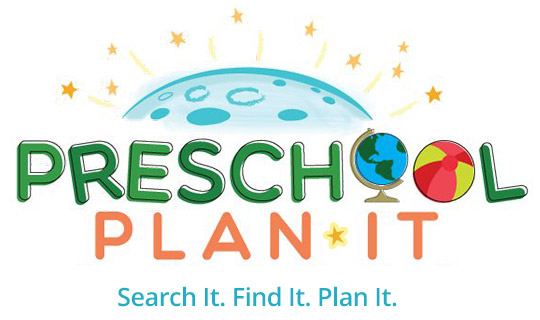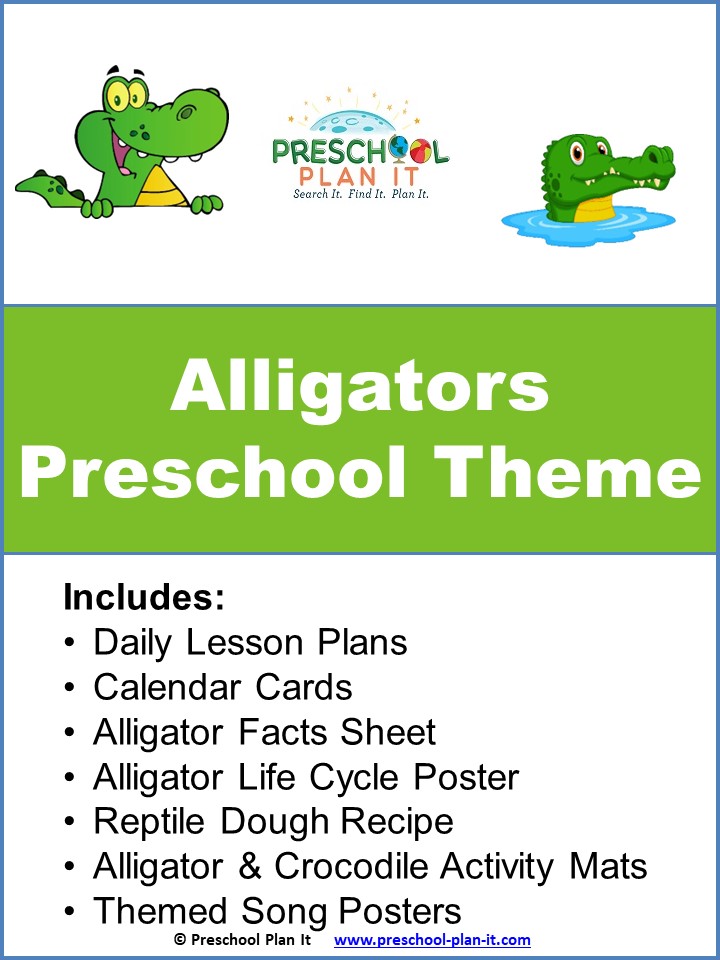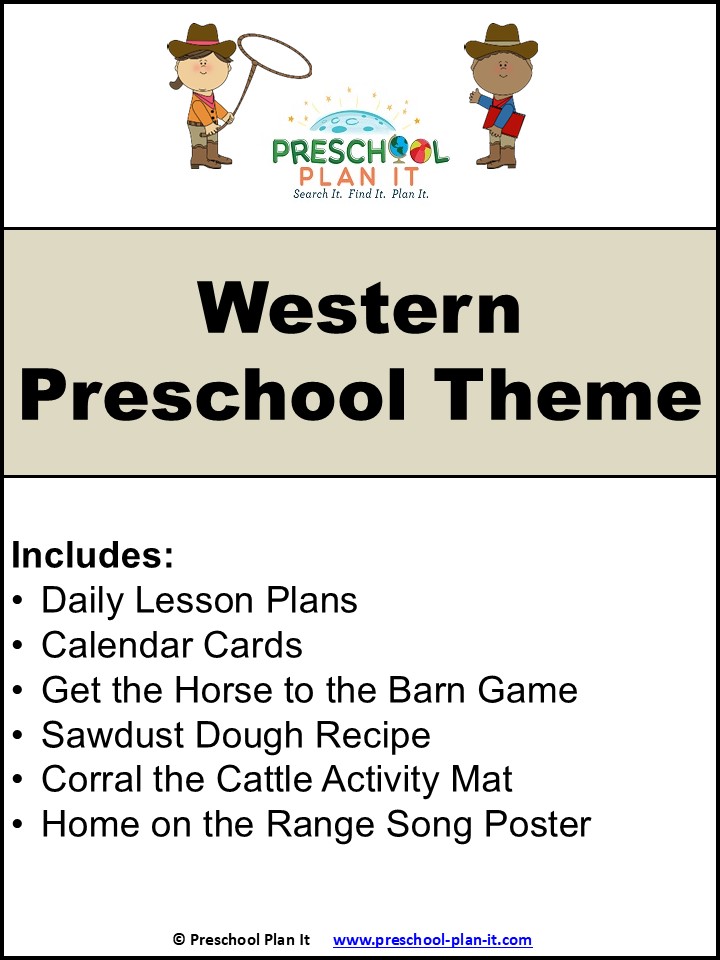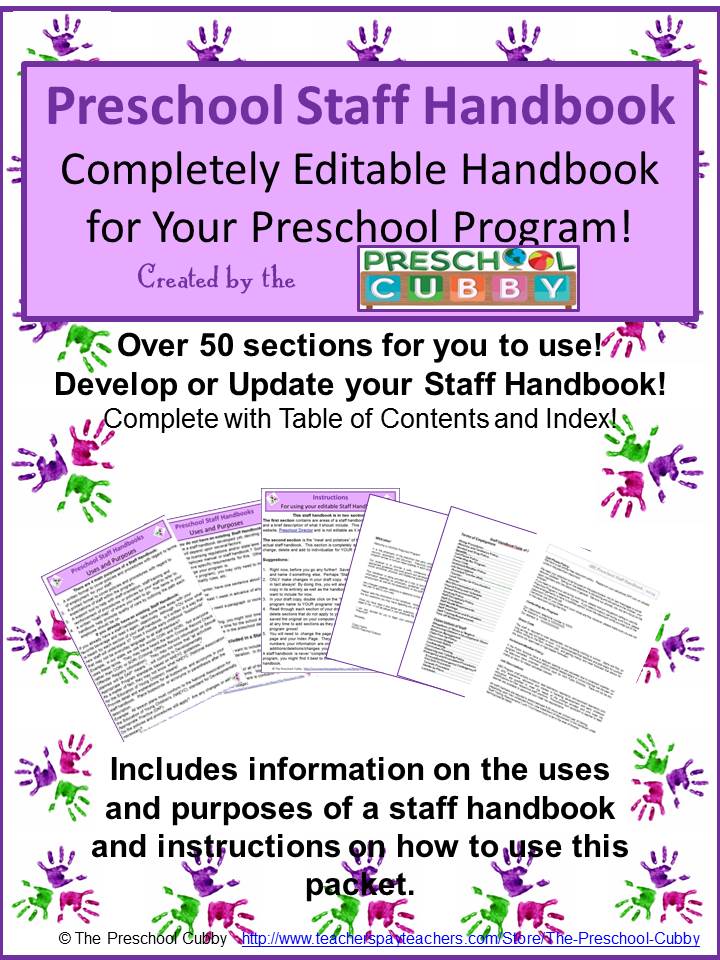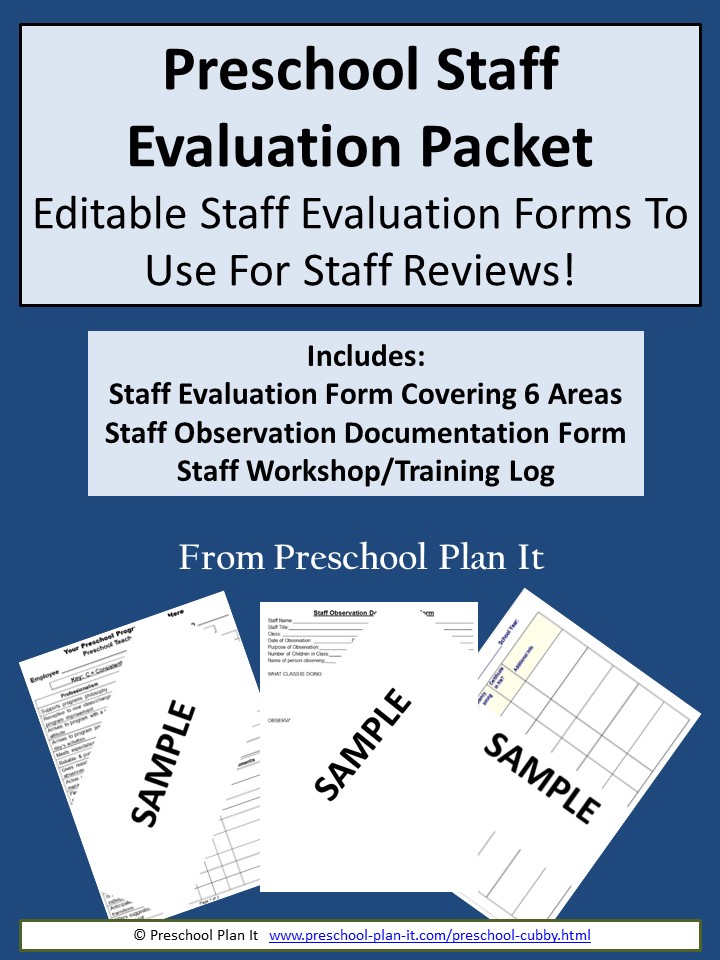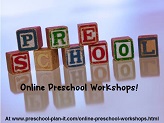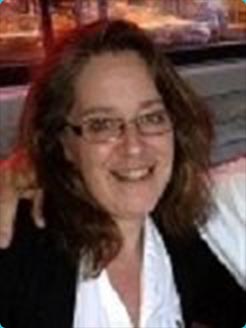- Theme Packs
- Themes
-
Preschool Planning
- Preschool Teachers
Diagnosis Danger in the Preschool Classroom

Diagnosis Danger
I write the following as a humbling reminder and note of caution to us all:
Our preschoolers represent a varied range of growth and development. What if you suspect that there more than an individual growth and development progression going on with a particular child?

As early childhood educators, we know that each child develops at their own pace.
We also know that we can expect to see specific stages of growth and developmental progress within an approximate six to eight month window.
We are not special needs experts. We are, or should be, experts on the typical growth and developmental stages of the ages of children in our care.
Our experience and training will many times raise a red flag about a child and a specific area of development. What should we do then? There is a diagnosis danger to keep in mind.
We first need to remember what it IS that we are trained, and therefore qualified to do and what we are NOT trained and qualified to do.
If we are trained and degreed in Speech Therapy for example, then we are qualified to assess a child and sit with the parents and discuss our findings.
If we are not degreed in this area, what we tell parents must be limited to our training. We must NOT give a parent our guess of a diagnosis.
And, if we are not specially trained in an area and we give a diagnosis, we truly are guessing.
I know this sounds harsh, however...
Too many early childhood educators confuse experience and basic training with being a specialist.
I took Special Needs 101 and Introduction to Speech and Language Pathology as part of my degree program. However neither of those classes make me an expert or specialist in either area. What I am a specialist in is early childhood growth and development.
Most of our training has fully qualified us to know what is within developmental norms for the children we care for and what is not within the norm.
What our training qualifies us to do is to observe and document and then present families with our concerns if a child appears to not be within the typical range of development in a specific area.
What our training does NOT qualify us for is to make a suggestion to a parent of WHAT or WHY we think their child is not within the developmental norm. That is called diagnosing, and that is the job of those specifically trained in those areas.
Our role in the area of special needs is to recommend or refer a parent to the appropriate specialist.
The lines to be drawn in our profession can become blurred for us and cause diagnosis danger in our classrooms.
We have so much experience with so many children (or with issues with our own children) seem to make it clear to us that this child has _______(fill in the blank with a diagnosis...ADD, Sensory Disorder, Speech Disorder)...and ...you may be right but for all you know, you may be wrong... (Lyrics from an old 80's song ringing in your head?!!)
Developmental disorders and developmental delays can affect different areas of development.
- A child with an apparent gross motor issue may actually have a vision problem.
- A child with an apparent speech issue may have a hearing problem.
- A child who we may see as "overly shy" may have a sensory problem.
The thing is...we don't really know. I encourage all of us to remember that our role is very clear and very important.
We aren't trained to determine these differences. Do you see the diagnosis danger?
Parents and yes, even specialists, count on us to know what we are trained to know: typical growth and development for the ages we care for.
They count on us to speak with parents and offer a referal to a specialist when we see that a child is not within that typical range.
Finally, and most importantly, they count on and expect us to NOT take it upon ourselves to "diagnose" children.
Yes, this is a blunt article, however...
I (and I'm sure you as well) have seen far too many children diagnosed/labeled in a certain way in preschool inappropriately.
However, we are NOT specialists. Working with preschoolers for twenty years does not credential us as Speech/Language Pathologists, or Autism Specialists, or able to point out ADD in a classroom.
There is a difference between a delay and a disorder. Many issues can cause many delays in development that we are not even aware of.
- A child who stutters may have an anxiety issue.
- A child who does not pronounce words correctly could have anything ranging from a hearing problem, a physical issue with their mouth, a sleep disorder or, even, a problem with adenoids. And yes, any of those issues could present itself as a language disorder.
How do we share what we know but reduce the diagnosis danger in the classroom?
I can not stress enough how important it is that we all become experts in OUR field of study- Early Childhood.
Take the necessary coursework to know what the stages of all areas, not just language development, are for each age group that you work with.
Read up on it and become an expert.
Did you know that if you read 1 hour per day in your chosen field would make you an expert in that field in 7 years? Just a little trivia! ;)
Become familiar with the milestones for each age you have in your care. Become and expert in them!
Related Articles You Might Be Interested In:
Go to Preschool Plan It's Home Page
Hey there! Welcome to Preschool Plan It! I’m Cheryl, a preschool teacher of over 20 years.
I KNOW, I know, you spend hours of time developing your preschool themes, activities and preschool lesson plans each week. You are commited to planning preschool themes and activities that are engaging hands-on, interactive, fun AND meet the goal of supporting each child’s level of growth and development.
I am commited to providing you, the preschool teacher, with everything you need to develop preschool lesson plans and preschool activities for your classroom all in one place!
READ MORE
Join My Free Preschool Teacher Tips Newsletter
You’ll receive a weekly email with planning tips and teaching ideas.
You'll also receive (on the 1st of each month) a free theme starter pack with some printables and activity ideas to get you started planning a theme!Join Now and Get Your First Theme Right Away!
© Copyright 2010-2025 Preschool-Plan-It.com | All Rights Reserved | Privacy Policy & Disclaimer
- Preschool Teachers
